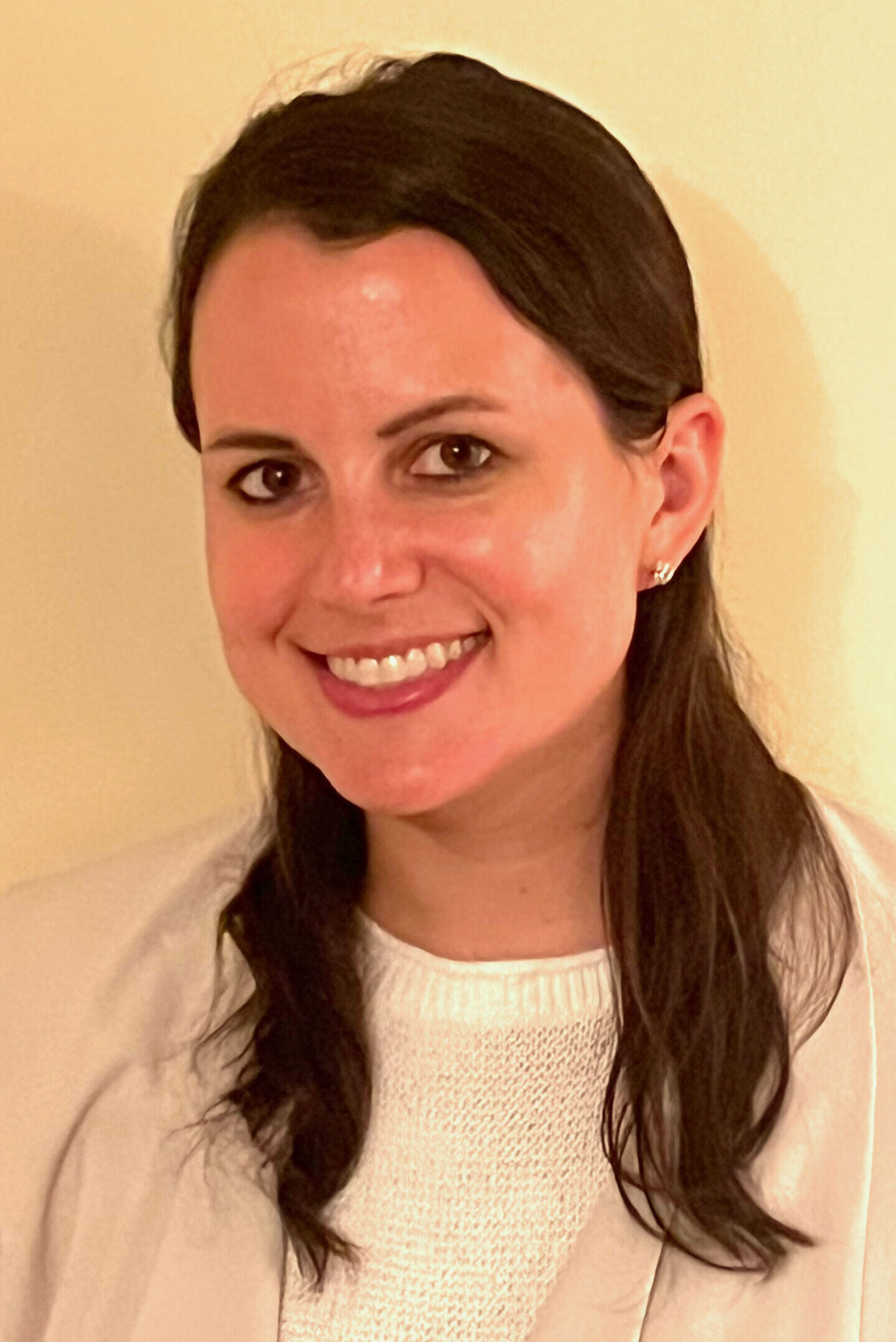Program Overview
Industrial-organizational psychologists play a critical role in the workplace. They help foster healthy, productive, and engaged organizational cultures. And today, these professionals are in high demand across industries. The reason? Employers increasingly understand that employee satisfaction is key to retaining talent, increasing productivity — and boosting the bottom line.
The Industrial-Organizational Psychology Master’s Degree Program will help prepare you for a successful career in the field. Led by expert faculty, the graduate program will equip you with the tools you need to empower professionals in the workplace — and maximize their skills and talents to optimize organizational performance.
Program Benefits
-
Customizable path, stackable certificates, & experiential learning
-
Instructors who are Harvard faculty and industry professionals at the top of their fields
-
Personalized academic & career advising
-
Entrepreneurial opportunities through the Harvard Innovation Labs
-
Paid research options
-
Harvard Alumni Association membership upon graduation
Customizable Course Curriculum
Through case studies, group projects, and active learning experiences, you’ll learn the core elements of psychological and management theory. And you’ll study quantitative analysis, psychometrics, and the psychology of diversity.
The program’s core courses focus on essential industrial-organizational psychology concepts, tools, and strategies. Through elective courses, you choose to focus on the areas that are most important to you.
Our industrial-organizational psychology program allows you to experience the convenience of online learning and the immersive benefits of learning in person through the on-campus experience.
11 Online Courses
- Primarily synchronous
- Fall, spring, January, and summer options
On-Campus Experience
You’ll complete 1 degree requirement in person at Harvard, at an accelerated or standard pace:
- 2 weekends in fall or spring
- 3 weeks in the summer
Admissions
The path to your degree begins before you apply to the program.
You first register for and complete 3 required courses, earning at least a B in each. These foundational courses are investments in your studies. They count toward your degree and help ensure success in the program.
Getting Started
We invite you to explore degree requirements, confirm your initial eligibility, and learn more about our unique “earn your way in” admissions process.
Earning a Stackable Certificate
As you work your way toward your master’s degree, you can take courses that also count — or “stack” — toward a graduate certificate. It’s a cost-effective, time-saving opportunity to build specialized skills and earn more professional credentials.
For each certificate, you can choose courses that best fit your goals.
Here are a few examples of stackable certificates and courses.
Equity, Diversity, Inclusion, and Belonging Leadership
Lead your organization to a culture of inclusive excellence.
Sample stackable courses:
- Ethnic Divisions and Segregation
- Psychology of Diversity
- Leadership Perspectives
- Applied Learning
Learn more about the Equity, Diversity, Inclusion, and Belonging Leadership Graduate Certificate.
Organizational Behavior
Develop a deeper understanding of human behavior in an organizational setting.
Sample stackable courses:
- Negotiation and Organizational Conflict Resolution
- Organizational Behavior
- Influence and Power in Organizations
- Work and Well-Being
Learn more about the Organizational Behavior Graduate Certificate.
Topics in Human Behavior
Understand human emotion, resilience, motivation, and bias.
Sample stackable courses:
- Psychopathology
- Gender and Mental Health
- The Psychology of Emotional, Behavioral, and Motivational Self-Regulation
- Sleep and Mental Health
Learn more about the Topics in Human Behavior Graduate Certificate.
A Faculty of Experts
Studying at Harvard Extension School means learning from the world’s best. Our instructors — many of whom teach in Harvard University’s psychology department and at Harvard Medical School — are experts in organizational behavior, psychology, motivation, management, and more. They bring a genuine passion for teaching, with students giving our faculty an average rating of 4.6 out of 5.
Our Community at a Glance
Our students in the Industrial-Organizational Psychology Master’s Degree Program are established professionals looking to deepen their expertise and advance their careers. They work across a variety of industries — including higher education, consulting, human resources, and technology.
Download: Industrial Organizational Psychology Master's Degree Fact Sheet
-
37
Average Age
-
1-2
Courses Taken Each Semester
-
77%
Work Full Time
-
96%
Would Recommend the Program
-
14
Average Years of Professional Work Experience
-
Most
Pursued to Deepen Expertise

Career Opportunities & Alumni Outcomes
Our industrial-organizational psychology graduates have gone on to work in banking, consumer goods, financial services, energy, nonprofit management, and management consulting. They have also pursued further studies at renowned institutions such as Columbia University, Georgetown University, the University of Paris, and Brandeis University.
Our alumni work at a variety of leading organizations, including:
- Coca-Cola
- Charles Schwab
- Meta
- FedEx
Career Advising and Mentorship
Whatever your career goals, we’re here to support you. Harvard’s Mignone Center for Career Success offers career advising, employment opportunities, Harvard alumni mentor connections, and career fairs.
Your Harvard University Degree
Upon successful completion of the required curriculum, you will receive a Master of Liberal Arts (ALM) in Extension Studies, Field: Industrial-Organizational Psychology.
Expand Your Connections: the Harvard Alumni Network
As a graduate, you’ll become a member of the worldwide Harvard Alumni Association (400,000+ members) and Harvard Extension Alumni Association (29,000+ members).

Wherever I head next, whether it be returning to consulting / management — as I previously did so at Liberty Mutual Insurance — or moving into a coaching or people analytics role, or even proceeding on to an IOP PhD, I know my HES degree will serve me well.
Research Associate
Harvard Business School
Tuition & Financial Aid
Affordability is core to our mission. When compared to our continuing education peers, it’s a fraction of the cost.
| Our Tuition (2023–24 rate) | $3,220 per course |
|---|---|
| Average Tuition of Peer Institutions | $4,330 per course |
| Average Total Cost | $38,640 |
After admission, you may qualify for financial aid. Typically, eligible students receive grant funds to cover a portion of tuition costs each term, in addition to federal financial aid options.
Coffee Chat: All About Management Programs at HES
Are you interested in learning more about management graduate degree programs at Harvard Extension School? Attendees joined us for an informational webinar where they had the opportunity to connect with program directors, academic advisors, and current students.

FAQs
How long does it take to complete the industrial-organizational psychology graduate program?
Program length is ordinarily anywhere between 2 and 5 years. It depends on your preferred pace and the number of courses you want to take each semester.
For an accelerated journey, we offer year round study, where you can take courses in fall, January, spring, and summer.
While we don’t require you to register for a certain number of courses each semester, you cannot take longer than 5 years to complete the degree.
What can I do with a master’s degree in industrial-organizational psychology?
Earning a master’s degree in industrial-organizational psychology can prepare you for a variety of roles across diverse industries.
You might help employees improve their job performance, create more inclusive work environments, or resolve workplace conflicts. Or, you may choose to focus on corporate efficiency and safety, develop better hiring policies, or deliver training programs. Your path will depend on your unique personality and skillset (read about 10 skills you need to be an effective I/O psychologist).
Some common career paths include human resources manager, staffing and recruitment manager, behavioral analyst, workforce analyst, and executive coach. Learn more about building a career in industrial-organizational psychology.





